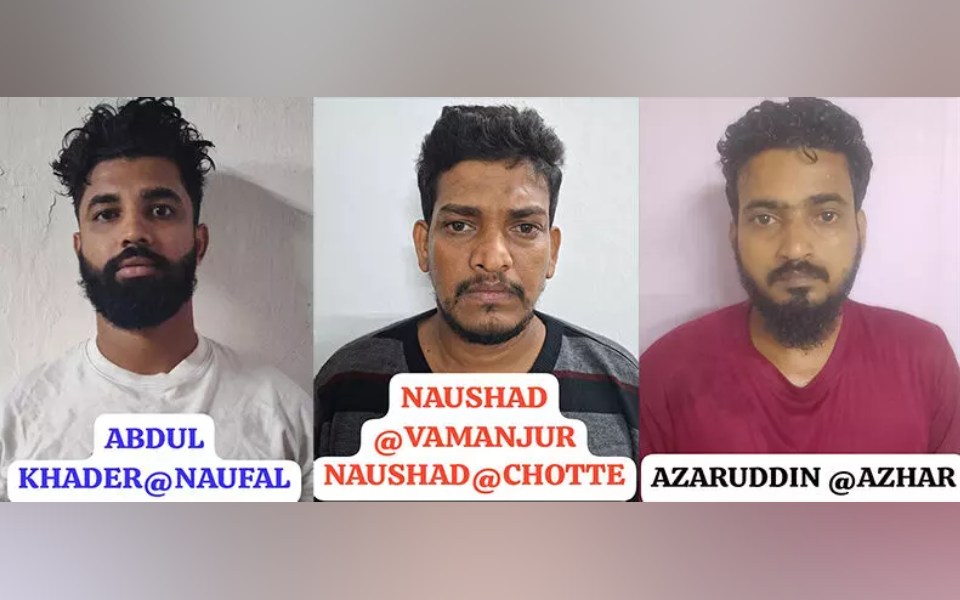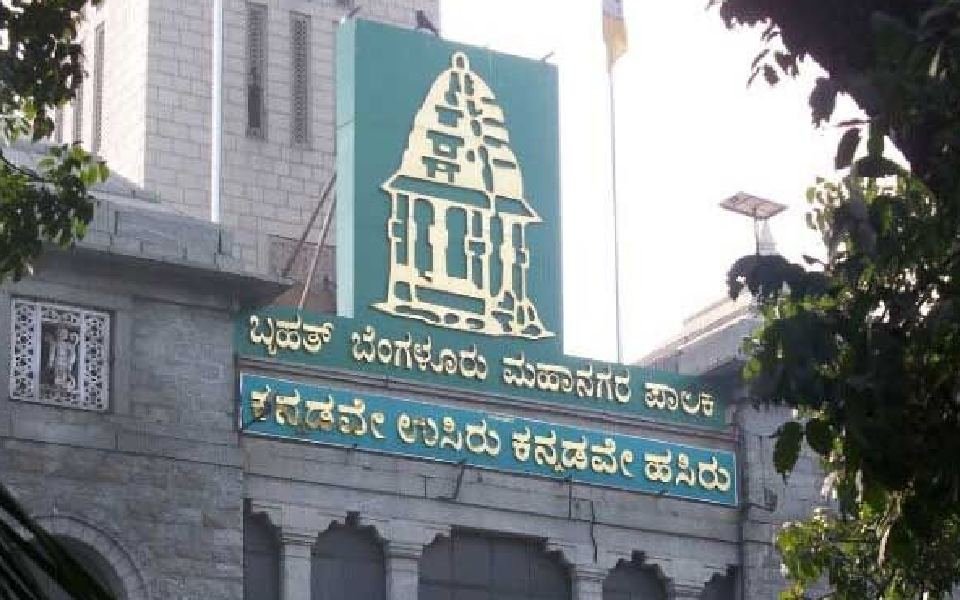New Delhi (PTI): Climate experts have proposed urgent measures, including paid heat leave, free water ATMs at labour hubs and legal recognition for the 'right to cool', to protect India's informal workforce during the extreme summer months.
More than 80 per cent of Delhi's workers, including street vendors, construction labourers and ragpickers, face severe health risks and income loss due to extreme heat. The women among them are disproportionately affected, the experts said.
Amruta, a campaigner at Greenpeace India, highlighted that heat waves were no longer just weather events but disasters for those without shelter, water or rest spaces.
A Greenpeace India report last year found that 61 per cent of street vendors lost more than 40 per cent of their daily income during extreme heat while 75 per cent lacked access to cooling infrastructure near workplaces.
Hisham Mundol, chief advisor at Environmental Defense Fund - India, said informal workers bore the brunt of heat waves and rising cases of dehydration, heatstroke and chronic illnesses such as kidney damage underscored the urgent need for intervention.
The India Meteorological Department (IMD) has predicted above-normal maximum temperatures for large parts of northwest, central, and eastern India between April and June.
In its seasonal outlook, the IMD warned that the number of heatwave days this summer might be significantly higher than usual, especially over Rajasthan, Gujarat, Punjab, Haryana, Delhi, Uttar Pradesh and western Madhya Pradesh.
Delhi had recorded seven heatwave days in April 2024 alone, compared to a normal average of two to three.
With 82 per cent of working women in India engaged in informal labour, gender-responsive urban planning is critical.
Amruta of Greenpeace India said women faced compounding risks -- lack of shaded vending zones, unsafe toilets and caregiving burdens.
"Gender-responsive urban planning could include measures such as (free) public toilets with water and hygiene facilities that are accessible and safe rest zones near transport hubs and marketplaces. A feminist approach to urban planning recognises the importance of end-to-end connectivity in public transport -- ensuring not just access to buses and metros but safe, affordable and dignified commutes from home to the workplace and back," she told PTI.
Mundol said urban planning needed to be improved universally but it was also true that the circumstances of women impacted them uniquely.
"Better facilities for all such as shelters, drinking water and other public facilities are needed and sensitive thought has to be applied to make sure they are equally accessible and welcoming for women," he said.
Pradeep Shah, co-founder of the social project initiative Grow-Trees.com, emphasised planning with gender-disaggregated data could create shaded, child-friendly workspaces, enhancing safety and resilience.
While the India Cooling Action Plan (2019) acknowledged cooling as a developmental need, the experts said it fell short in ensuring equitable access.
"Cooling disparities must be addressed as a basic right. A 'right to cool' under Article 21 would mandate shaded bus stops, cooling shelters, and thermal comfort for all," Amruta said.
Mundol laid stress on the need for city-level heat action plans with enforceable measures -- non-negotiable paid time off, water stations and cooling shelters on red-alert days.
The experts proposed several immediate solutions to mitigate the impact of extreme heat on vulnerable populations.
These include installing shaded canopies made of heat-reflective materials in high-traffic areas, setting up free water ATMs near labour hubs to ensure hydration, and deploying mobile cooling stations equipped with fans and basic first-aid facilities.
Additionally, Amruta recommended keeping public parks accessible 24x7 to serve as natural cooling zones for those without shelter.
She called for heat waves to be officially declared a national disaster that would unlock emergency funds and compensation mechanisms for affected workers.
"Legal frameworks must integrate climate justice to ensure informal workers aren't left behind," she said.
Echoing her sentiment, Mundol said, "Climate justice means supporting those least responsible yet most impacted by rising temperatures."
Integrating climate justice into urban planning is going to be a key determinant for making the city an attractive place to live and invest in, he said.
"Green zones, shade, water and health services are needed and they need to be particularly organised where there are concentrations of informal workers," he added.
The experts also stressed on the need for hyperlocal climate-risk mapping and participatory planning to tailor solutions to community needs.
"Green spaces, shade, and water access aren't luxuries -- they're necessities," Shah of Grow-Trees.com said.
Amruta added that ward-level climate plans, developed with direct community input, could foster more inclusive and resilient urban environments.
Let the Truth be known. If you read VB and like VB, please be a VB Supporter and Help us deliver the Truth to one and all.
Mangaluru (Karnataka), May 14 (PTI): The Mangaluru City Crime Branch has arrested three men in connection with the murder of Hindutva activist Suhas Shetty, officials said on Wednesday.
The accused, identified as Azaruddin alias Azar alias Ajju (29), Abdul Khader alias Noufal (24) and Vamanjoor Noushad alias Chotte Noushad (39), were arrested during the last two days, they said.
With the fresh arrests, a total of 11 people have been arrested in connection with the murder so far, police said.
According to a police statement, Azaruddin had previously been booked in three theft cases registered at Panambur, Suratkal, and Mulki police stations. He allegedly provided information about Shetty's movements to the other accused, aiding in the murder.
Khader is said to have assisted the accused during their escape in a car after the murder was committed.
Noushad is accused of having conspired with the others and directly participated in the crime. He has six previous criminal cases, including murder, attempted murder, and robbery conspiracy, registered at various police stations in Dakshina Kannada, police said.
Azaruddin has been remanded in judicial custody, while Khader and Noushad have been taken into police custody for seven days for further investigation.
Police said the investigation is ongoing and efforts are underway to trace other accused involved in the case.
Shetty, a known rowdy sheeter and Hindutva activist, was murdered by a group on May 1 within the Bajpe police station limits in Mangaluru City.

_vb_57.jpeg)



